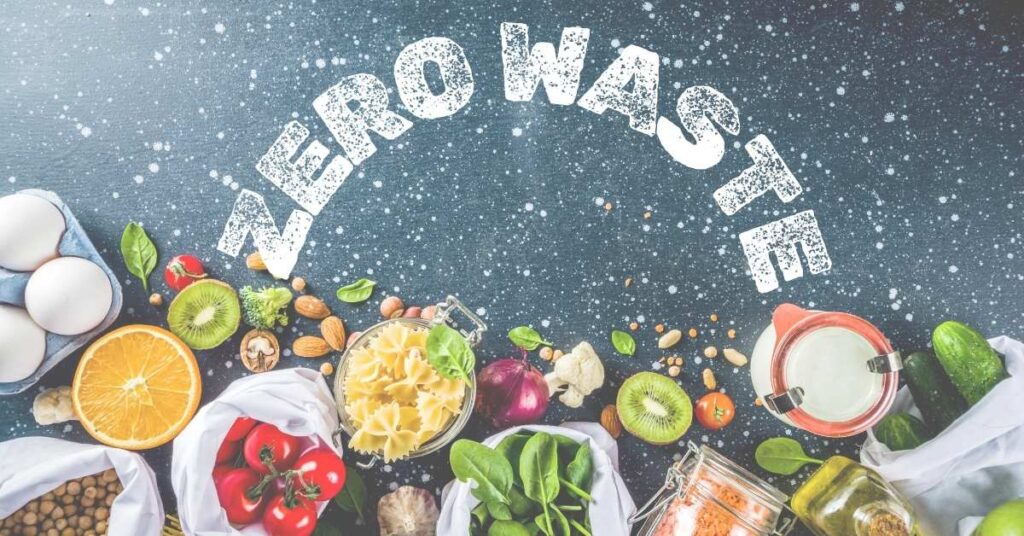The kitchen is often a place where single-use items and excess packaging pile up. By swapping out a few everyday products with more sustainable alternatives, you can significantly reduce waste. Here are ten simple swaps to create a more eco-friendly, zero-waste kitchen.
1. Cloth Towels Instead of Paper Towels
Paper towels are convenient, but they create a significant amount of waste. The average person uses 80 rolls of paper towels per year! Replace them with reusable cloth towels or rags. Not only are cloth towels washable, but they are also far more absorbent and durable than their disposable counterparts. You can use old T-shirts or towels to make your own reusable cleaning rags, adding another layer of sustainability by upcycling.
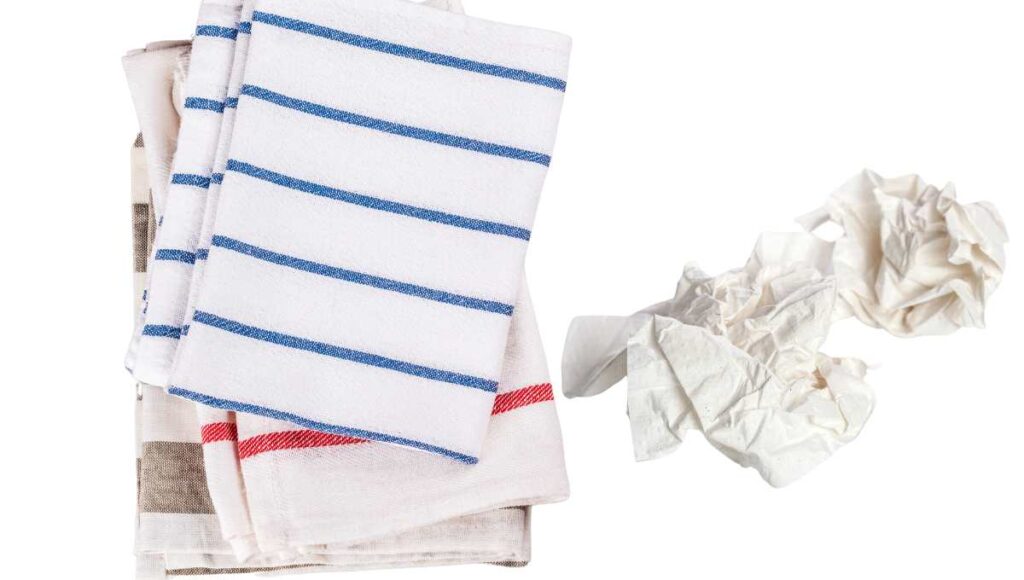
2. Beeswax Wraps Instead of Plastic Wrap
Plastic wrap is another single-use product that ends up in landfills. Beeswax wraps are a fantastic alternative. Made from natural materials like cotton and beeswax, they can be used to cover bowls, wrap sandwiches, or store vegetables. After use, simply wash them with cold water and mild soap, and they’re ready to go again. They’re durable, compostable, and a stylish addition to your kitchen.
3. Glass Jars for Storage Instead of Plastic Containers
Ditch the plastic containers and invest in glass jars or stainless steel containers for food storage. Glass is more durable, doesn’t retain odors, and doesn’t leach harmful chemicals into your food. You can repurpose jars from store-bought sauces or jams to store bulk foods, leftovers, or even smoothies. The airtight seal keeps food fresh, and they’re perfect for both pantry and fridge storage.
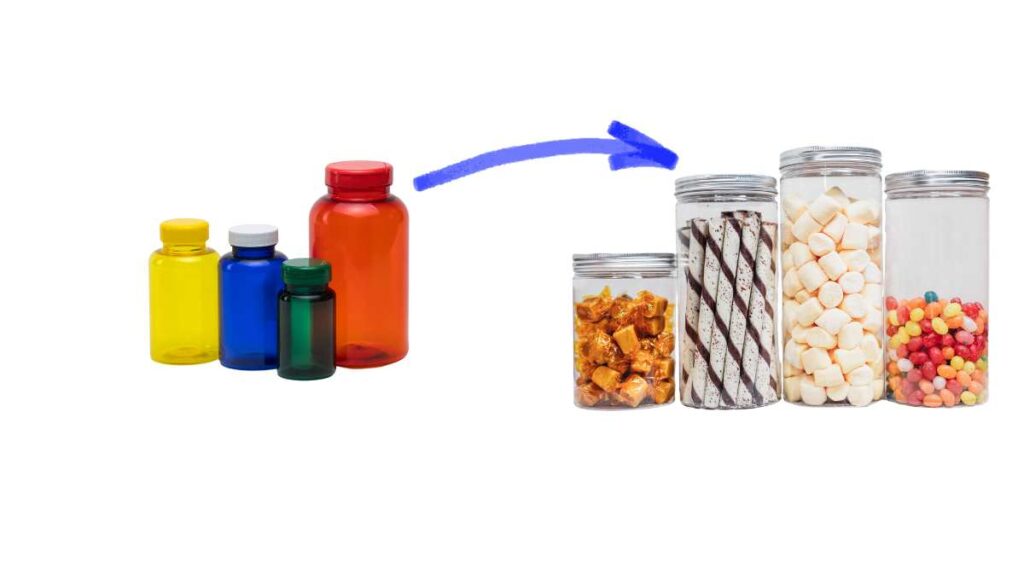
4. Silicone Baking Mats Instead of Parchment Paper
Instead of using parchment paper or aluminum foil for baking, switch to reusable silicone baking mats. These mats are non-stick, easy to clean, and can be reused thousands of times, making them a smart and cost-effective alternative to single-use baking sheets. They reduce waste and save you money in the long run.
5. Reusable Grocery Bags Instead of Plastic Bags
Plastic bags are one of the biggest culprits of environmental pollution. Bringing your own reusable bags to the store is one of the easiest ways to reduce plastic waste. Look for bags made from natural materials like cotton or hemp. Keep a few in your car or by the door, so you’re never without them when you head to the store.
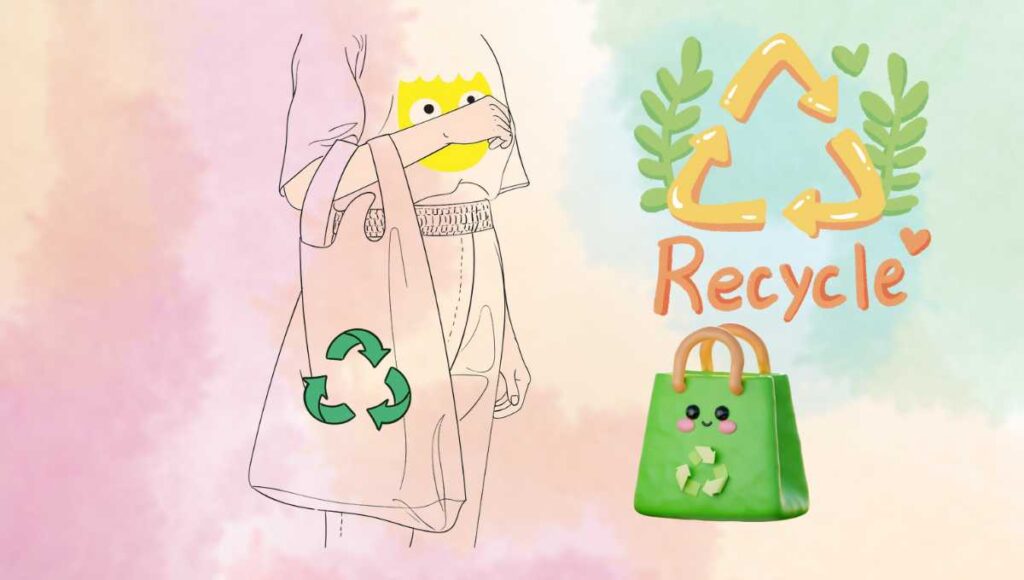
6. Compost Bin for Food Scraps
Food scraps like vegetable peels, eggshells, and coffee grounds don’t belong in the trash. Instead, start composting them! Composting diverts organic waste from landfills, where it would otherwise contribute to methane production, a potent greenhouse gas. You can use a small countertop compost bin to collect food scraps before transferring them to a larger outdoor compost pile or a community composting program.
7. Stainless Steel Straws Instead of Plastic Straws
Plastic straws are small but mighty contributors to waste. They take hundreds of years to decompose and often end up in oceans, harming marine life. Reusable stainless steel, bamboo, or silicone straws are eco-friendly alternatives. They come in various sizes, are easy to clean with a brush, and can be used over and over again.
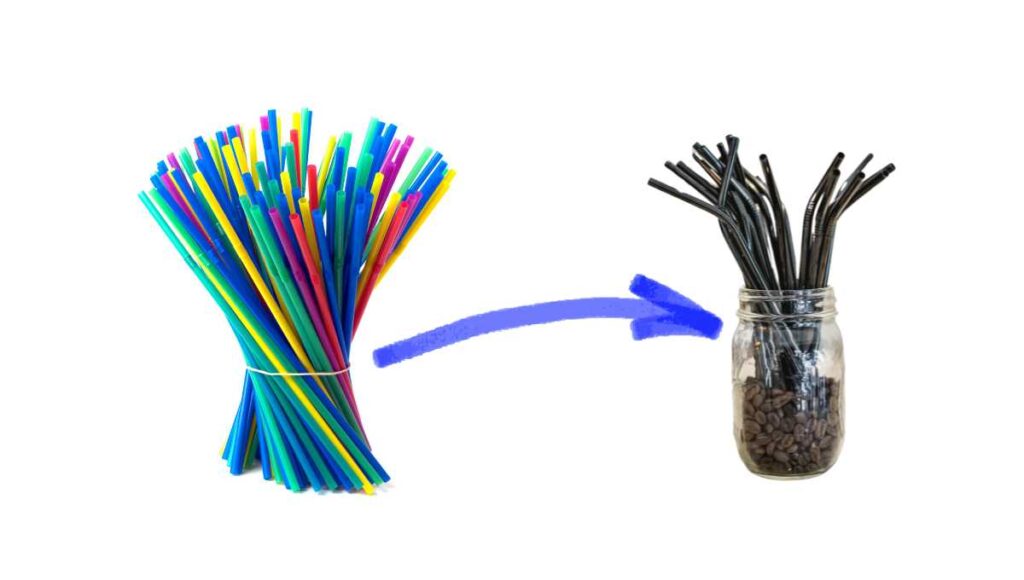
8. Buy in Bulk Instead of Packaged Goods
A significant amount of kitchen waste comes from packaging. One way to avoid this is by buying in bulk. Many grocery stores have bulk bins where you can purchase items like grains, nuts, spices, and dried fruit without any packaging. Bring your own jars or reusable produce bags, weigh them before filling, and eliminate the need for plastic or cardboard packaging altogether.
9. Reusable Coffee Filters Instead of Disposable Ones
If you’re a coffee lover, consider switching to reusable coffee filters. Single-use paper filters create unnecessary waste, and many contain chemicals that aren’t compostable. Reusable stainless steel or cloth filters are just as effective, and they can be washed and reused for years. If you use a coffee machine with pods, switch to a refillable pod to avoid the plastic waste associated with single-use coffee pods.
10. Wooden Utensils Instead of Plastic
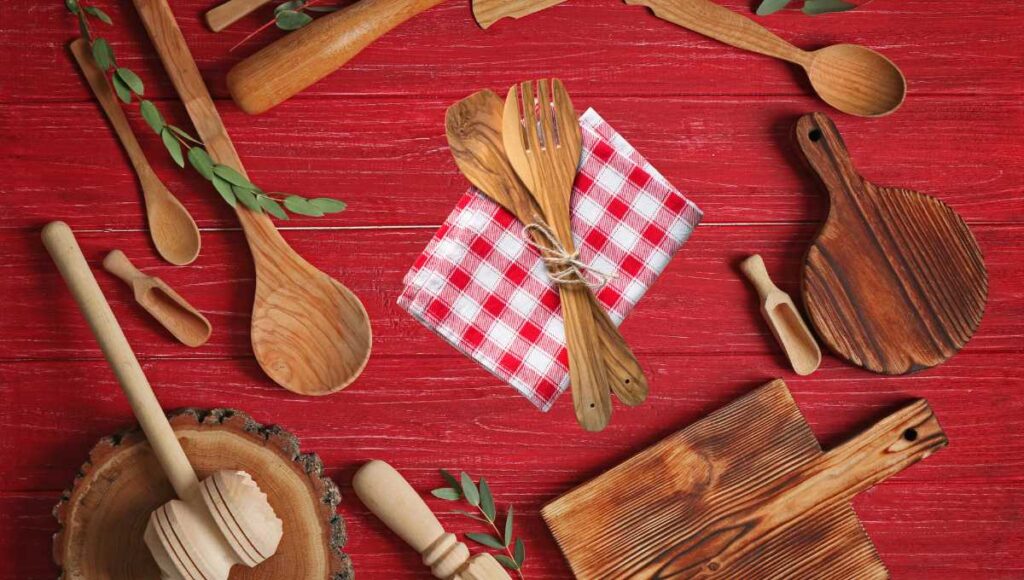
Plastic utensils wear out quickly and can melt or break, leading to more waste. Wooden utensils, on the other hand, are long-lasting, sturdy, and biodegradable. Bamboo utensils, in particular, are durable, lightweight, and resistant to staining. They’re a sustainable alternative to plastic spoons, spatulas, and tongs, and they look great in any kitchen.
Making these ten simple swaps in your kitchen is a great starting point toward reducing your household waste. Each small change may seem insignificant on its own, but collectively, they contribute to a more sustainable, zero-waste lifestyle. By gradually replacing single-use items with reusable and eco-friendly alternatives, you can minimize your environmental footprint while creating a more efficient and stylish kitchen. Start with a few swaps today, and before you know it, your kitchen will be an example of sustainability!

